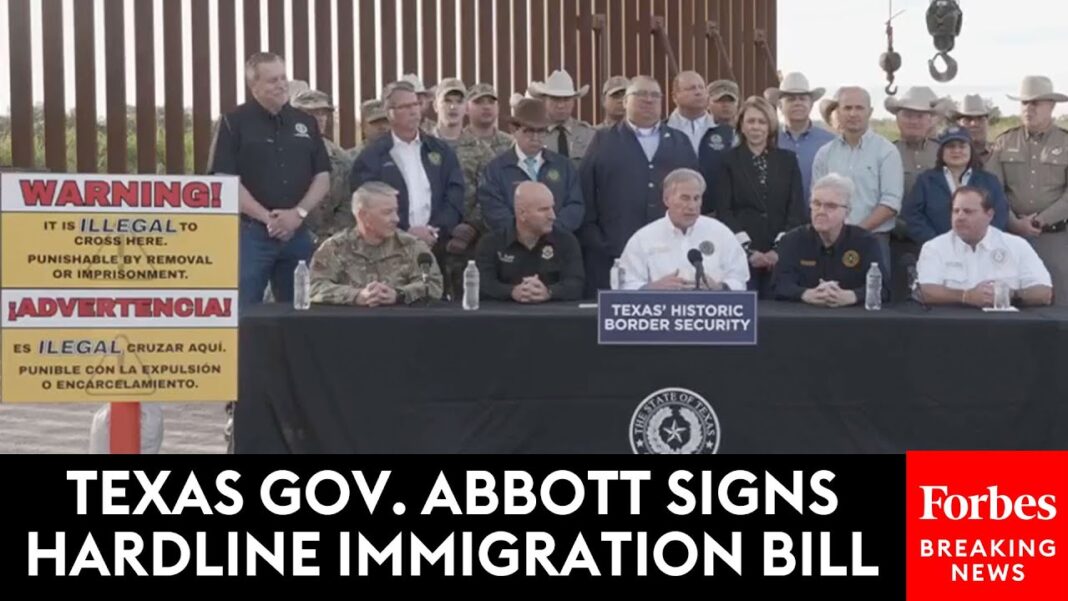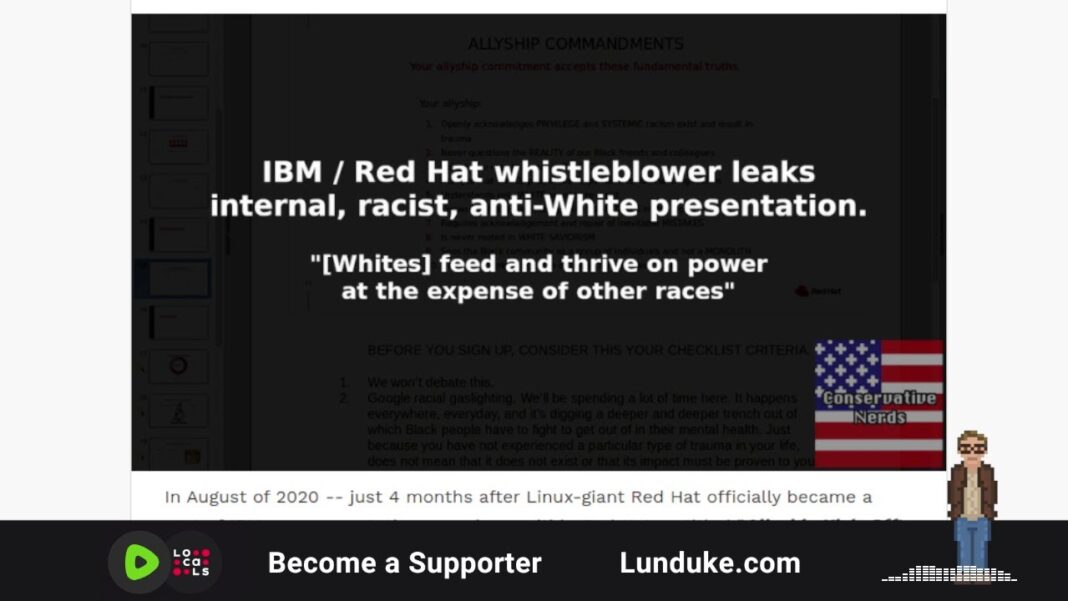The appeals court decision was mean to protect people from possible ‘harassment,’ which defense attorneys say is an improper use of a gag order.
On Dec. 18, attorneys for former President Donald Trump made another push to overturn a federal gag order at the U.S. Court of Appeals for the District of Columbia Circuit.
Defense attorneys argue that the appeals panel was wrong on five counts and a rehearing is in order.
“The opinion holds that President Trump must be silenced to protect trial participants from possible threats or ‘harassment’ from unrelated third parties,” the petition reads.
On this point, the appeals court judges adopted the rationale of lower court judges in issuing two separate gag orders on President Trump.
“In doing so, the opinion conflicts with decisions of the Supreme Court and other Circuits, warranting en banc consideration both to secure uniformity of this Court’s decisions and because of the question’s exceptional importance,” they wrote, requesting a hearing before all of the judges in this court.
Contradicting Precedent?
The appeals panel said, first during a hearing and later in the issued opinion, that they sought a balance between First Amendment rights and the need to uphold the integrity of court proceedings.
The defense attorneys argue that the court ultimately accomplished neither and reinforced the gag order based on “a third standard, for which it cites no authority.” When it comes to restricting speech to prevent harm, there is another set of precedents to inform these decisions, and defense attorneys argue that the appellate court judges did not meet those standards, primarily the “clear and present danger” test set by a U.S. Supreme Court ruling.
Defense attorneys also referenced, again, cases in which it was ruled that candidates who were campaigning for political office were given “absolute freedom” in their speech and said the judges didn’t properly consider these cases.
They also brought up again the “heckler’s veto” theory, arguing that the appeals court is making assumptions about anticipated audience reactions, justifying those assumptions “on the basis that the audience is not ‘hostile’ to President Trump, but that justification contradicts the Supreme Court’s incitement doctrine.”






